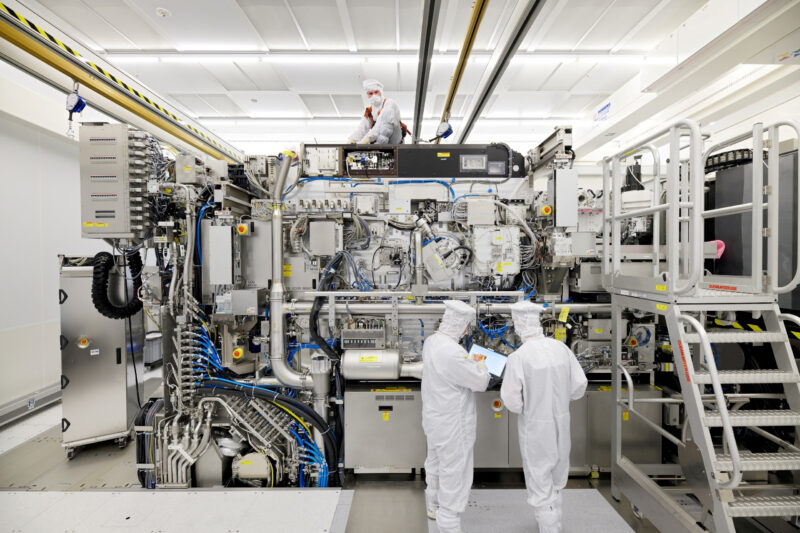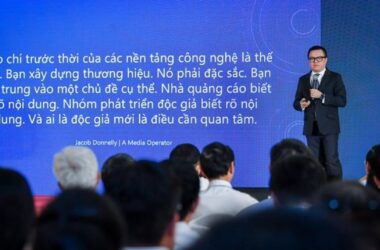HO CHI MINH CITY — Vietnam’s prime minister has met with U.S. chip equipment maker Lam Research as the company looks at diversifying its supply chain and warns of a hit to its China business from U.S. export controls.
Lam Research told Nikkei Asia on Friday that its Group Vice President of Global Operations Karthik Rammohan went to Hanoi to “evaluate opportunities to diversify our supply chain and support our manufacturing operations in Asia.” He was hosted by Prime Minister Pham Minh Chinh. Vietnam is urging the company to invest $1 billion in local production.
The government said on its website on Thursday that Lam Research would work with Seojin, a South Korean business with factories in the provinces of Bac Ninh and Bac Giang, a Vietnamese stronghold of Samsung phone and semiconductor production. Seojin, a supplier to Samsung and Intel, declined to confirm its involvement.
China comprised 26% of Lam Research’s income in 2023, down from 31% in 2022. The California company said in a securities filing that U.S. restrictions on exports to Chinese customers “adversely” affected revenues and “could potentially do so to an even greater extent in the future.”
It sources tin and tungsten from eight companies in Vietnam, including Alibaba-backed conglomerate Masan, but said it had no current plans for expansion.
“We believe that Vietnam, with its infrastructure and skilled workforce, will play an important role in the semiconductor value chain as the industry continues to geographically diversify,” Jeanette Tan, Lam Research vice president for Asia communications, told Nikkei.
Dozens of chip companies operate in the communist country, with foreign manufacturers from Amkor to Hana Micron unveiling billion-dollar expansions in 2023. Last year Nvidia CEO Jensen Huang visited Vietnam to discuss investments months after hosting Chinh in the U.S.
Amid the China-U.S. tech war, Hanoi has been touting to global investors its plan to train 50,000 semiconductor engineers, designers and other staff, a number it increased to 100,000 in the latest government post.






